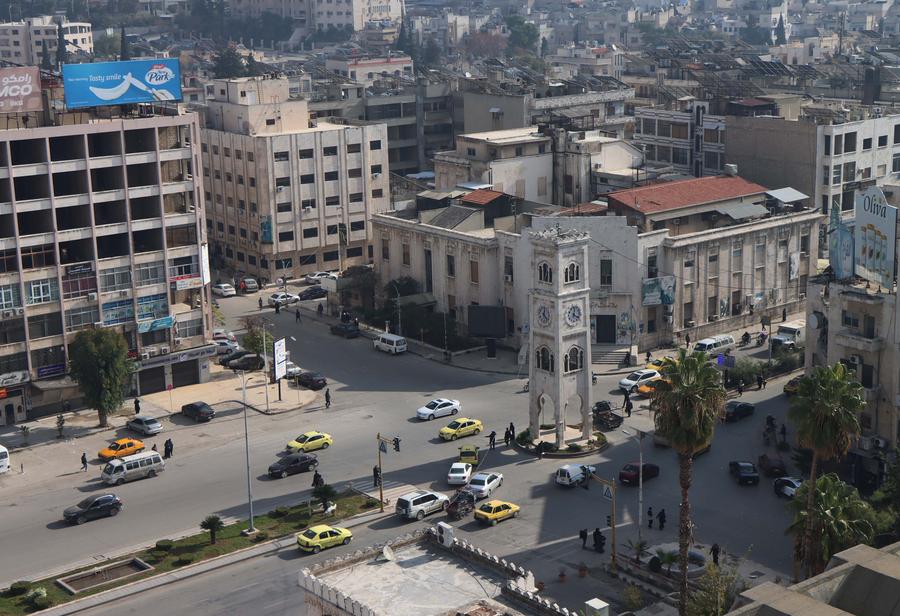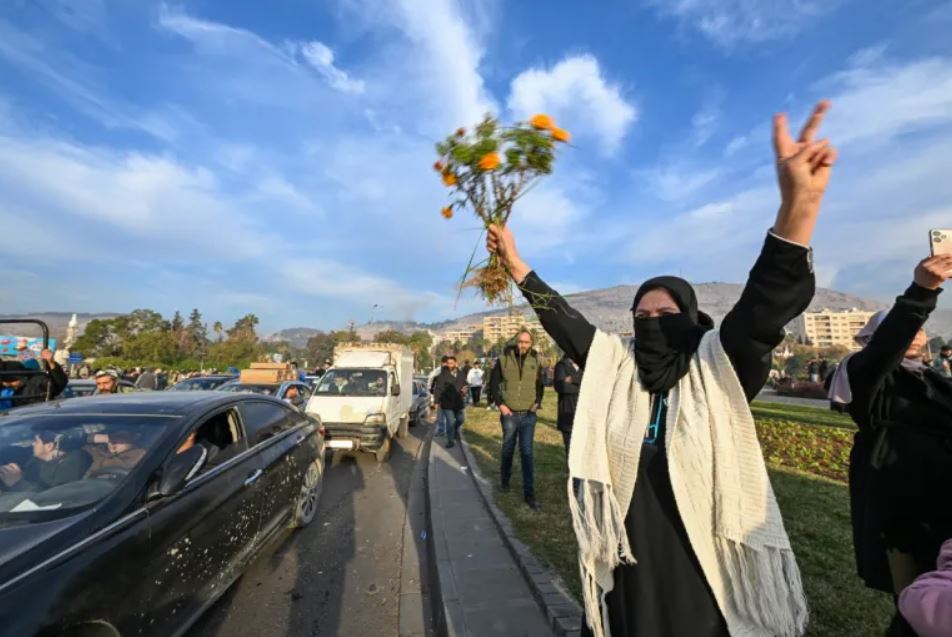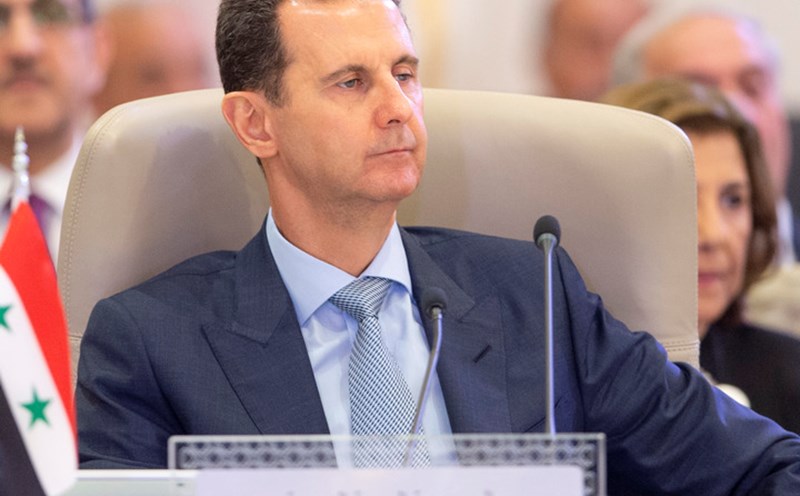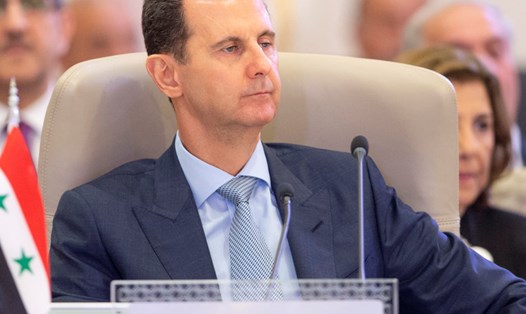The Assad family's half-century of rule in Syria collapsed with astonishing speed after rebels swept out of the territory they once held and converged on the capital Damascus, taking city after city in a matter of days.
Opposition forces swept across the country and entered Damascus with little resistance as the Syrian army collapsed. President Bashar al-Assad, who ruled Syria for 24 years after succeeding his father Hafez Assad, fled the country. Russian state media reported that Assad was in Moscow and had been granted asylum by Russia.
It is a stunning development in Syria's brutal 13-year conflict. Anti-government protests in 2011 escalated into a civil war that has killed more than half a million people and displaced half of Syria's pre-war population of 23 million.
Mr Assad, backed by Iran and Russia, gradually regained control of more than two-thirds of Syria, leaving the rebels with a stronghold in the northwest of the country.
And the conflict continued there, largely frozen, for years until late November, with just two weeks of seismic activity.
November 27: Armed opposition groups launch a large-scale offensive on government-held areas in northwestern Syria, claiming to have seized control of more than 15 villages from government forces in the northwestern province of Aleppo. The government and its allies respond with airstrikes and artillery shelling to halt the rebels’ advance.
The attack was led by the jihadist group Hayat Tahrir al-Sham, or HTS, which was formerly al-Qaeda's Syrian affiliate and was known as the Nusra Front. HTS is classified as a terrorist group by the United Nations and the United States.
November 28: The offensive expands to the Idlib countryside amid reports that government troops are withdrawing.
November 29: Rebels enter Aleppo, Syria’s largest city, for the first time since being pushed back in 2016 after a grueling military campaign by Syrian government forces backed by Russia and Iran. They meet little resistance.
November 30: Rebels say they have taken control of Aleppo, raising their flag over the citadel and seizing the international airport. Syrian armed forces say they are redeploying troops and equipment in preparation for a counter-offensive.
By evening, rebels had captured at least four towns in the central Hama province and claimed to have entered the provincial capital.
December 1: The Syrian army launches a counter-offensive with airstrikes on Idlib and Aleppo. Iranian Foreign Minister Abbas Araghchi visits Damascus, telling President Assad that Tehran will support the counter-offensive.

But Mr Assad has received little, if any, help from his allies. Russia is preoccupied with the war in Ukraine, while Iran has seen its proxy forces across the region weakened by frequent airstrikes. Iran-backed Hezbollah in Lebanon, which once sent thousands of fighters to support Mr Assad’s forces, has also been weakened by a year of conflict with Israel.
December 2: Rebels advance south, 10 kilometers (6 miles) from Hama. Hama is the country’s fourth-largest city and a key crossroads in central Syria, about 200 kilometers (125 miles) north of Damascus. Fighting has been fierce in the province, with government forces, backed by Russian airstrikes, retaking some territory.
December 5: After days of fighting, rebels enter Hama.

December 6: Rebels seize two towns on the outskirts of Homs, Syria’s third-largest city. Located about 40 km (25 miles) south of Hama, Homs is the gateway to Damascus and home to one of two state-owned oil refineries. Its capture cuts the link between Damascus, Mr. Assad’s seat of power, and the coastal region where he enjoys widespread support.
December 7: Opposition forces take Homs after government forces abandon it. Syrian rebels say they have surrounded Damascus and are in the “final phase” of their offensive. Syrian state media denies that Assad has left the country.
December 8: Syrian state television broadcasts a statement from a militant group saying President Bashar al-Assad has been overthrown and all prisoners have been released. HTS commander Abu Mohammed al-Golani calls Assad's fall a victory for the "Islamic nation".

Russian state news agencies later reported that Mr. Assad and his family were in Moscow and had been granted asylum.
Prime Minister Mohammed Ghazi Jalali said the Syrian government was ready to cooperate with the opposition and transfer power to a transitional government.











